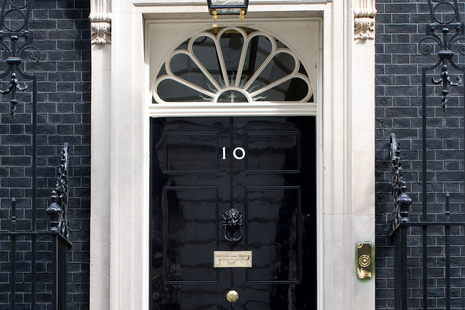The Electric Thames project aims to transform the maritime sector by drastically reducing its carbon emissions, addressing critical challenges around energy demand, infrastructure deployment and grid impact.
Lead by UK Power Networks in collaboration with partners, LCP Delta, Marine Zero, ev.energy and the Port of London Authority, ultimately the project could extend far beyond London, showing the UK’s maritime sector how they can contribute to a cleaner, more sustainable energy future.
Vessel-to-grid technology is the key innovation being explored here, allowing electric boats to act as floating batteries, feeding surplus power back into the electricity grid when moored. This would help balance supply and demand during peak periods, while potentially saving them money.
The project has analysed tracking data for 62 of the 180 commercial vessels operating regularly on the River Thames. They used 38 GWh of energy a year, which is equivalent to 10 million litres of diesel, resulting in 27,200 tonnes of carbon emissions. This helps determine the upgrades which could be required to the grid, so it informs UK Power Networks’ long-term network planning while supporting the UK in meeting its environmental targets.
Luca Grella, head of Innovation at UK Power Networks, said: “The work being done to integrate electric vessels with technologies like vessel-to-grid is a major step forward, offering new ways to balance the grid and deliver cleaner, more efficient energy. With promising early results and the backing of key partners, we believe Electric Thames is setting the stage for a sustainable, resilient energy future that will benefit both the maritime industry and the wider community.”
© 2019 Perspective Publishing Privacy & Cookies







Recent Stories